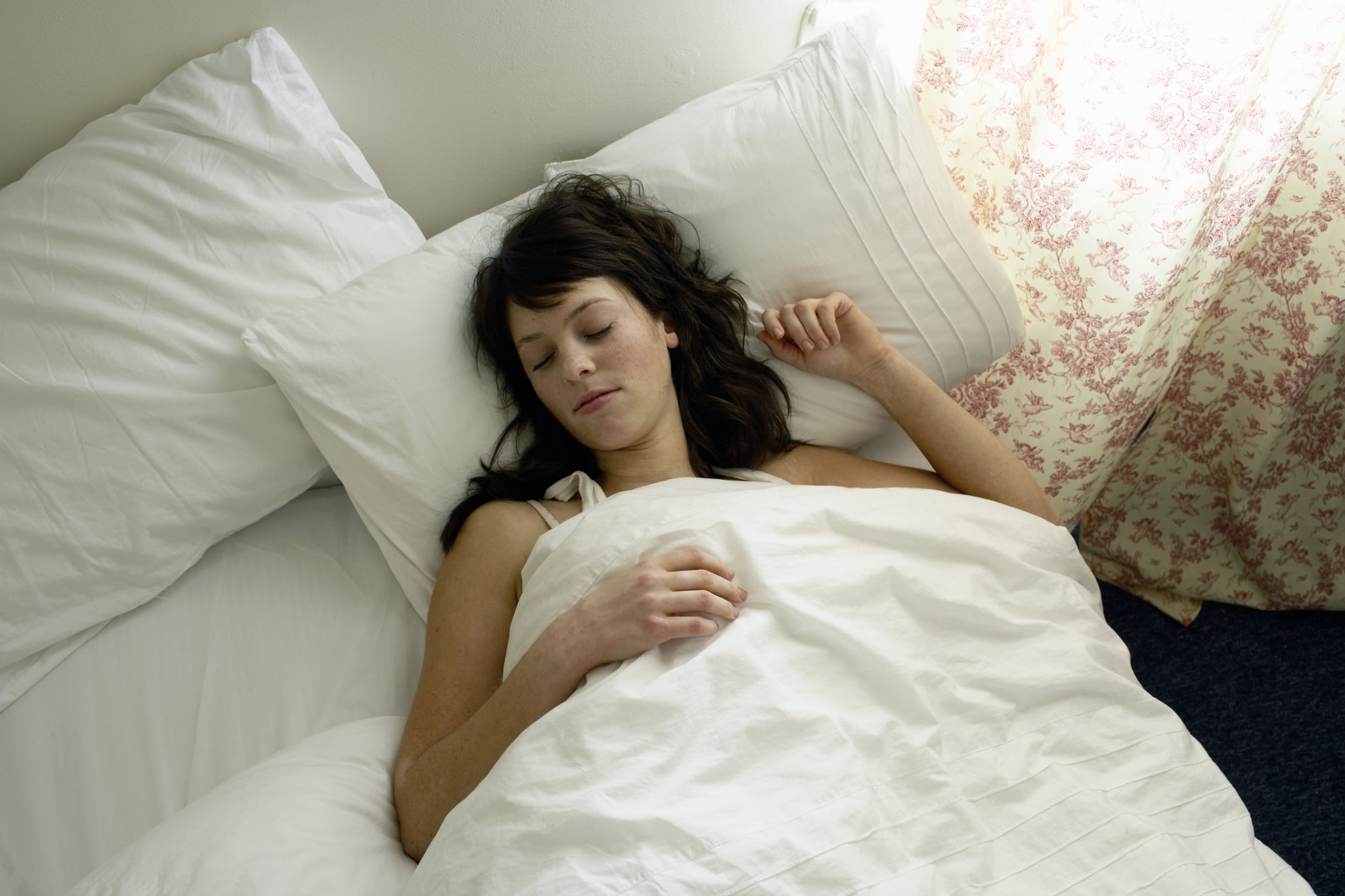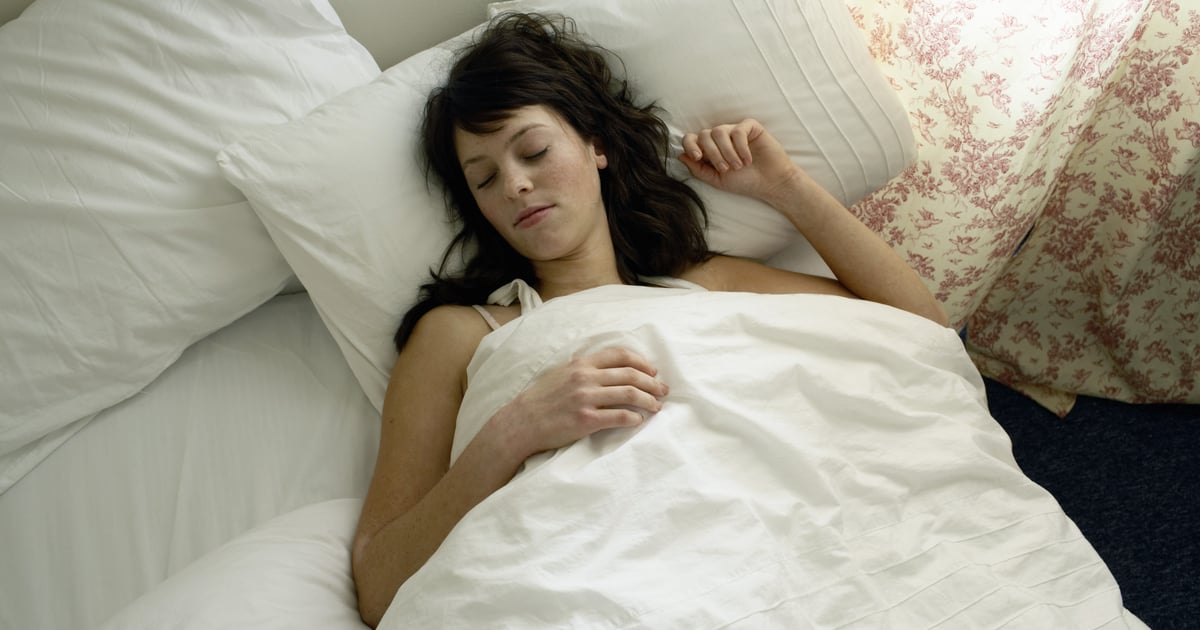
Melatonin is a popular supplement often taken to help people sleep. Your brain naturally produces melatonin in the evenings, signaling to the body when it’s time to sleep. Some people may produce less melatonin than others, though, which can make it harder to fall asleep and stay asleep. For others, anxiety or poor sleep hygiene may be to blame, and melatonin is simply a quick fix.
But as common as it is to take melatonin before bed, there are always risks to be aware of with any supplement or drug you put in your body. Because melatonin is a naturally occurring hormone, it’s less concerning than an actual medication, but doctors still want people to be mindful when taking it to ensure that it’s not misused. POPSUGAR spoke with two doctors to learn how you can safely take melatonin without becoming dependent on it.
Can You Get Addicted to Melatonin?
Melatonin generally isn’t considered habit-forming, because it doesn’t have addictive properties. Drugs can signal changes in the brain that, over time, make it difficult to stop using them. When taken as recommended, there should be no cause for concern with melatonin. “The definition of addiction is an inability to stop using a substance even though it is causing psychological or physical harm,” David Cutler, MD, a family medicine physician at Providence Saint John’s Health Center in Santa Monica, CA, tells POPSUGAR. “Melatonin is safe, cheap, and easily accessible. There is no evidence whatsoever that it is ever addictive. That is not to say it may not be abused. But it is very unlikely to cause any significant harm when used as directed.”
However, melatonin can become so much a part of someone’s daily routine that they may feel like they can’t sleep without it. “Many people who take melatonin for insomnia may also have some degree of anxiety, especially around sleep — and this is where routines become locked in, and people can become anxious with any change to a particular routine, such as taking melatonin,” explains Alex Dimitriu, MD, a double board-certified physician in psychiatry and sleep Medicine and founder of Menlo Park Psychiatry & Sleep Medicine and BrainfoodMD. If someone becomes so reliant on melatonin that they’re almost afraid to find out what would happen if they stopped taking it, they may have what Dr. Dimitriu calls a psychological addiction.
How Long Can You Safely Take Melatonin?
Though melatonin isn’t physically addictive, doctors still advise against taking it for prolonged periods of time. Dr. Dimitriu recommends taking melatonin for no longer than three months, adding that his go-to advice for insomnia is actually to clean up your sleep hygiene. That means powering down your devices in the evening (Dr. Dimitriu’s rule: “Tech off at 10”), and taking other steps to set the stage for better sleep, including going to bed and waking up at the same time every day, keeping your bedroom dark and cool, and getting regular exercise and sunlight, which helps regulate your circadian rhythm.
Dr. Cutler also prefers natural methods over supplements. “It has been well-established that the most effective therapy for insomnia is cognitive behavioral therapy,” Dr. Cutler says, adding that it’s “safe, effective, and popular.” This form of therapy can help calm anxiety, allowing you to sleep better.
Your doctor can help rule out any underlying conditions that may be contributing to your sleep issues and come up with a treatment plan that’s best suited to your needs. That may or may not include melatonin — but if it does, be sure the two of you discuss the proper dosage, which can vary based on your age and lifestyle. Taking too much melatonin can cause you to feel drowsy during the day, which can hinder your productivity and even be dangerous. This is especially important if you’re a caregiver or work in an environment that requires you to be alert.
